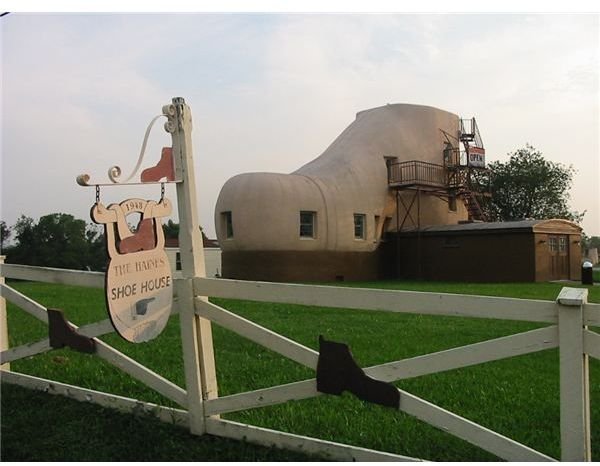The Photography Laws of Privacy - When You CAN'T Take Photos in Public Places & What to Do if Your Digital Camera is Confiscated
Photography Law Part 2
In this second part of the article series on photography law, we’ll look at photography laws of privacy and cultures that prohibit photos along with photography of private property, some conditions when you can’t take photographs in public places and what to do if the worst happens and your camera, digital media storage devices and equipment are confiscated.
Private Property or Where Clearly Posted
When defining photography law, it should go without saying that under any conditions where a “NO Photos Allowed” or a “No Cameras” sign in words or in graphics, is posted, you should never even attempt to take photos - including in churches, religion-related buildings and museums.
While students in Paris, my roommate and I made a special trip across town to visit and photograph the “St. Chappelle”.
A stern-faced Gendarme burst our bubble quickly at the street entrance.
“You’re not allowed to take photographs in here”, he practically barked.
“What do you mean, we can’t take photos?” my roommate asked.
Now becoming irritated, the gendarme repeated his order in no uncertain terms.
“What am I going to do with my camera?” I asked, holding it up.
He wasn’t allowed to shoot us, but if looks could kill I’d be dead.
“Put it in your pocket.” He gestured putting his hand into his starched uniform pocket.
I did. We entered only to find out after all, that the world-famous chapel with its one-of-a-kind Chartre blue stained-glass windows was closed for maintenance that day.
The same photography laws of privacy hold true in areas where “proprietary information” may be present. This would include “restricted”, “secret” or possibly “classified” installations, manufacturing and testing facilities, gun, hunting and shooting ranges, research facilities, private farms, game preserves and posted “Private Property” of any type.
Photography Laws of Privacy and Cultures That Prohibit Photos
In the USA, there are some cultures in which the photography laws of privacy prohibit the taking of photos. Actually, I’m originally from one such area – the Pennsylvania Dutch country of south central Keystone state. There are families of the Amish religious order and closely-related Mennonites also in the states of Ohio and Indiana.
You should always respect the wishes and beliefs of people of other cultures and religions in this regard. Some Indian tribes believe that taking a photograph is “stealing the soul” of the person. They can be quite “forceful" in defending their beliefs if they even think you’ve snapped a photo without permission. Local authorities will very likely uphold these beliefs, and then there you are, in a wagon load of trouble. Your equipment could also be confiscated requiring you to take lengthy and costly measures to get it back. Be aware that there are religions, tribes, communities, rites, services, rituals and private events or circumstances where the taking of photographs is unwanted and unwelcomed.
When You Can’t Take Photographs in Public Places
In the continental USA, as an example, you can normally shoot images of anything which is in public view or located in a public place. This includes people, personnel, facilities, flora and fauna, wild animals, houses, property, etc. Prohibition of photography normally MUST BE POSTED for it to be fully legal. You can also legally photograph scenes on private property if those scenes are visible from a public street, road, location, etc. This includes shopping centers, malls, fairs, private events, and people, crowds or individuals. This photo of the privately-owned, “NO Trespassing” posted Haines Shoe House is a good example (click on image to enlarge). I photographed this image from the road, so no problem. The exception is when it is clearly posted that you CANNOT take such photographs. Again, when in doubt, always ask or get permission first.
If the Worst Happens

No private individual has the right to confiscate by force or otherwise, your cameras, images, storage devices or equipment at any time. If this should ever happen, be sure to get the names and information of all parties involved. Include the time and a brief description of the circumstances and events, then get to the authorities ASAP. Get a lawyer too if need be. This can be especially important and even critical in “third world” countries or countries with different types of governments. Human rights in many forms are often trampled upon by the ignorant and uneducated. Get help immediately and fight to get your property – digital images, digital storage devices, cameras and other confiscated or damaged equipment returned to you at once or replaced. After all, the photography laws protect you and your rights as a digital photographer too.
This post is part of the series: Photography Law Series
This article series will provide you with helpful information and tips on some of the general rights of photographers and when NOT to take photos based on the photography laws of privacy.
